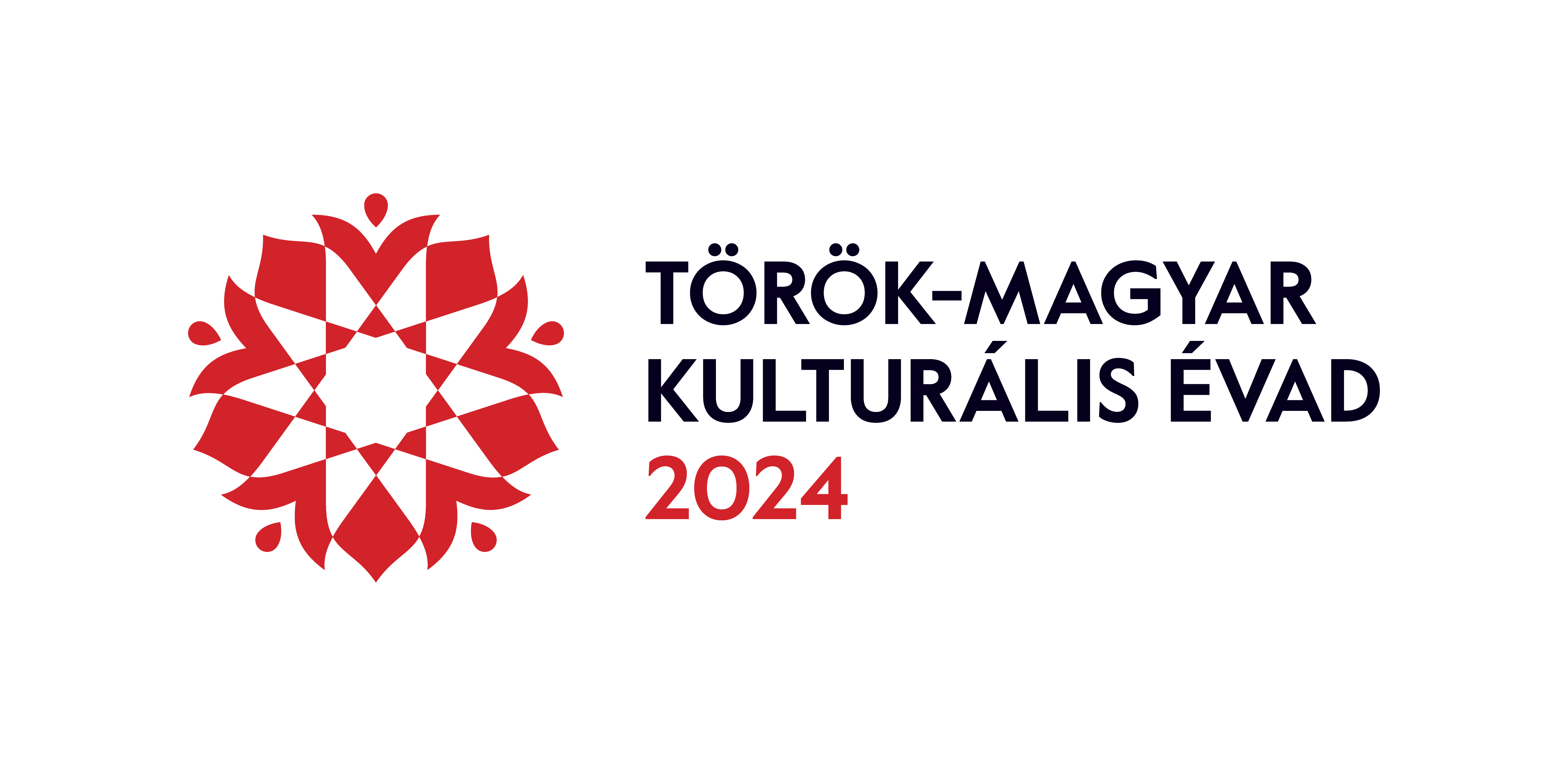Derya Türkan Ensemble (TUR), Bacchus Consort: from the Princely Court to the Sublime Porte
Szervezés:
Derya Türkan Ensemble (TUR), Bacchus Consort: from the Princely Court to the Sublime Porte
The era of Turkish occupation, when Hungarians and Turks coexisted on the same land, represented 150 years of struggle for Hungary that still has repercussions today. Yet there is also no disputing the fact that the Hungarians also experienced plenty of cultural influences during this period. For both Hungary and Turkey, the 16th, 17th and 18th centuries are notably rich in terms of musical memories and early music sources. On 27 October at the Concert Hall of the House of Music Hungary, we will get an idea of what melodies might have been heard in the princely courts of Hungary – a nation then divided into three parts – and what kind of music entertained the people of the Sublime Porte in Istanbul around the same time. A musical adventure through the era of the Turkish occupation in the border region between traditional sounds and early music, featuring Turkey’s Derya Türkan Ensemble and Hungary’s Bacchus Consort.
Derya Türkan Ensemble
The Derya Türkan Ensemble is a trio focused on Turkish early and traditional music that comprises Türkan himself, who plays the kamanja, qanunist Serkan Mesut Halili, and Turkish tambur-player Özata Ayan. Joining them at this concert will be guest singer Dilek Türkan. Derya Türkan has already performed at the House of Music alongside Küdsi Ergüner (with whom he recorded an album together). Türkan has also enjoyed acclaim for his work with numerous other ensembles and ad hoc collaborations. He has played, for example, alongside Jordi Savall on several occasions, on both Savall's albums and in concert. Incesaz, Türkan's own renowned band, performs classical Turkish music. The Derya Türkan Ensemble are also engaged in reviving old musical traditions, as they will do in this concert, where they will bring to life the music of Dimitri Cantemir, the ‘Prince of Istanbul’. An important political figure of the late 17th century and early 18th century from what is now Moldova and Romania, Cantemir also played an important role in the music world of his era. His music embodied a union between the cultures of East and West. The Derya Türkan Ensemble will perform selected pieces by Cantemir, as well as 17th-century folk songs from the Bogdan Voivodeship region, showcasing the universal language of this music. After a period spent living in Istanbul, Cantemir also studied the musical traditions of the Ottoman Empire and later introduced them to Europe. The fusion of Eastern and Western music is a prominent feature of Cantemir’s compositions. Motifs and melodies inspired by Ottoman music play a significant role in his works. Bringing Cantemir’s compositions and Moldovan folk music to life will be instruments such as the qanun, the kamanja and the Turkish tambura, all prominently used in the music of Istanbul. Guest vocalist Dilek Türkan will perform songs composed in the 17th century.
Bacchus Consort
Bacchus Consort formed in 2014 to perform a repertoire consisting primarily of music from the late Renaissance and early Baroque periods. Live music was also an essential part of the merrymaking and communal events of the time, together with fine wines and sumptuous dishes. “That's why we chose the ancient god of wine as the namesake for our ensemble,” state the musicians. "Our programmes are considered unique in Hungary: entertaining music ranging from tavern songs to court music popular among the aristocracy. We place a special emphasis on works where Baroque music is combined with folk influences.” At their thematically constructed concerts, they introduce their audiences to the soundscapes of the early music of different peoples. This means their appearances are an enthralling experience even for those who are not normally inclined to listen to classical music. While life during the Renaissance and the Baroque era could be profane, the sacred was also ever-present. And this recognition is an important factor in the ensemble’s thinking.
The presenter for the evening is the music historian Dr Pál Richter, director of the Institute of Musicology at the HUN-REN Research Centre for the Humanities.
This event is sponsored by the Yunus Emre Institute.





